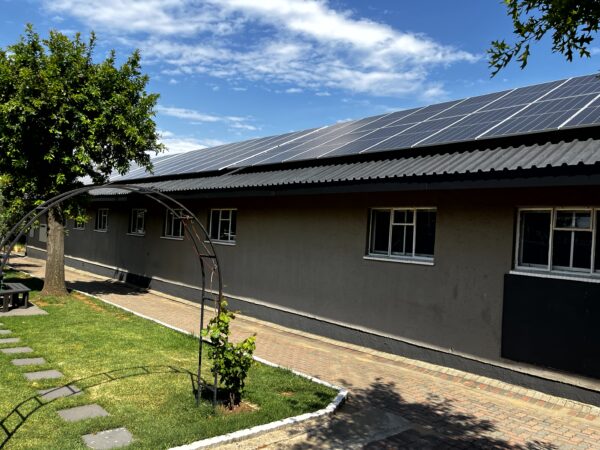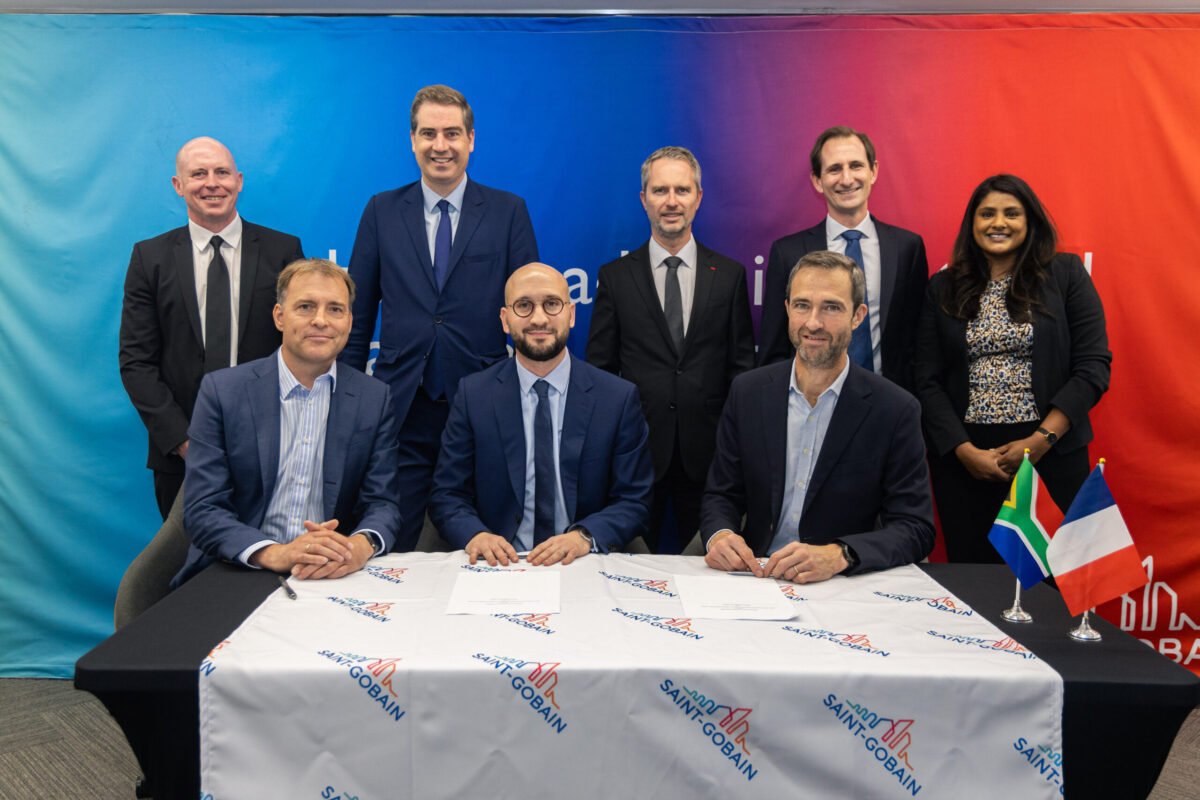pv magazine France spoke with Hervé Lucas, founding partner and co-chairman of CVE, to talk about the peculiarities of the South African market, where the company is developing mainly in decentralized solar C&I, mainly in self-consumption to compensate for frequent power grid outages.
Renewable energy producer CVE continues its international expansion by signing a renewable electricity purchase agreement in South Africa with French glassmaker and materials producer Saint-Gobain for around 140 GWh of solar electricity. This PPA is expected to last for 20 years and cover approximately 40% of electricity consumption at Saint-Gobain’s four main industrial sites in the country, which produce plasterboard and mortar. They are located in Brakpan, Alrode and Germiston around Johannesburg, as well as Parrow in the Western Cape. “Electricity will be produced by four rooftop power plants with a total capacity of 4.5 MWp,” he specifies pv magazine France Hervé Lucas, founding partner and co-chairman of CVE.
Image: CVE
The company has been operating in South Africa since 2021 through its seven-member subsidiary CVE South Africa, where it has 10 MW of installed, operational and operational solar capacity. A number that should increase to 30 MW next year. “South Africa is a particular market that has been facing major load-shedding issues for several years, with blackouts that can last 4 to 8 hours a day,” continues Hervé Lucas. That is why we have specialized in the development of small decentralized solar units with and without storage, whose electricity is sold directly for own consumption to agricultural, industrial customers or for administrative and educational buildings.

Image: CVE
This is the case, for example, of the solar project of the HTS Drostdy Technical High School in the Western Cape province, which was commissioned in July. The 470 kWp power plant on the roof and in the parking shade is complemented by a 700 kWh battery that provides approximately four hours of storage. “There are 500 young people at the high school studying electronics and robotics on machines…,” describes Hervé Lucas. During shutdowns due to relief, everything was quiet. For a monthly rent, we now guarantee electricity supply for a certain number of hours a day to compensate for this instability.”
Following the same logic, CVE South Africa also operates the Agri-Zeerust project, Phase 1 of which deploys 573kWp on the rooftops of dozens of agricultural farms, mainly chicken and pig farmers and local shop owners. The electricity is again used for own consumption. “Around Johannesburg, Cape Town and Port Elisabeth, our idea is to multiply this type of projects that bring together a large number of industrial and tertiary consumers to meet their need to secure a supply of carbon-free electricity at a low cost. price. known,” concludes Hervé Lucas.
This content is copyrighted and you may not reuse it without permission. If you would like to collaborate with us and reuse our content, please contact our editorial team at the following address: editors@pv-magazine.com.

